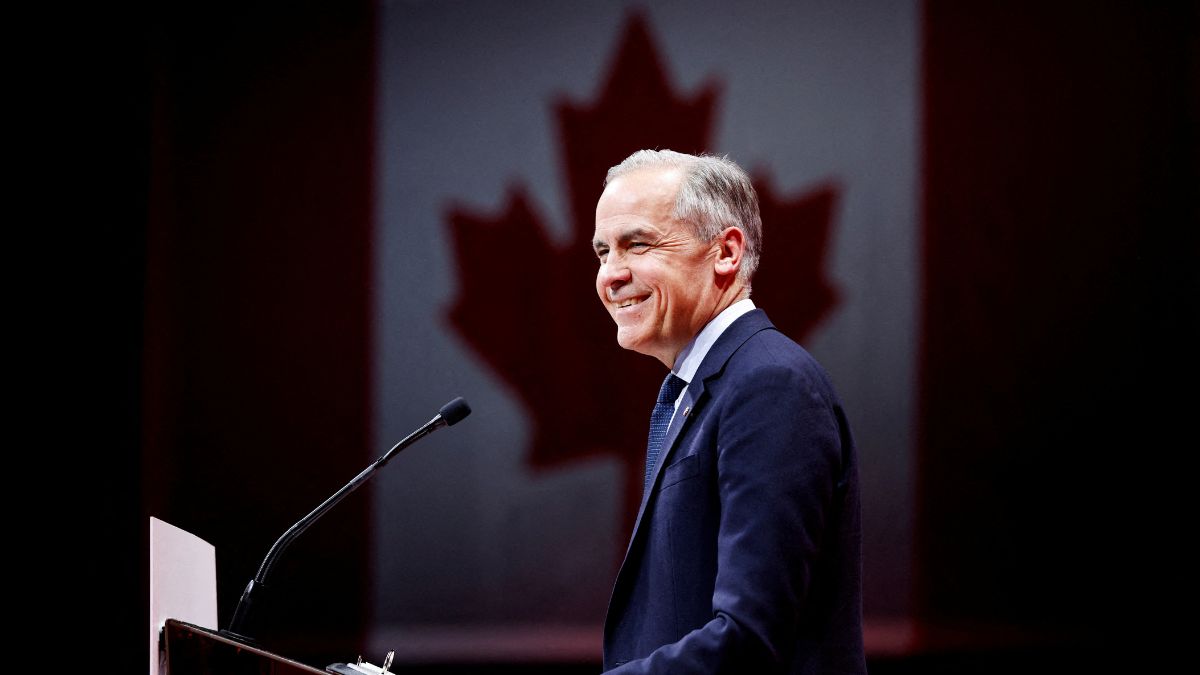Canada’s former central banker–turned–PM Mark Carney is facing mounting scrutiny as he pushes ahead with an ambitious plan to back a multibillion-dollar oil pipeline aimed at expanding exports to Asian markets.
The initiative emerged publicly after Carney and Alberta Premier Danielle Smith signed a framework agreement aimed at expanding Canada’s oil export routes beyond the United States. Speaking at the signing, Carney spoke about the strategic stakes of the project.
“At the core of the agreement, of course, is a priority to have a pipeline to Asia,” he said, arguing that Canada must secure diversified markets for its energy sector.
Carney has warned that Canada’s dependence on the US as its near-exclusive energy customer puts the country at a disadvantage. “Over 95% of all our energy exports went to the States. This tight interdependence—once a strength—is now a weakness,” he told The Washington Post.
Those statements reveal the heart of Carney’s rationale: Canada needs leverage, diversification and long-term revenue, and he believes oil exports to Asia remain a necessary bridge during the global energy transition.
But critics argue the move sacrifices the environmental credibility he spent a decade cultivating on the world stage.
Environmental advocates said Carney’s pro-pipeline stance undermines his leadership in sustainable finance and climate-risk disclosure.
Economists, meanwhile, are divided.
Some say the project could unlock billions in export capacity and strengthen Canada’s geopolitical positioning in energy markets. Others warn that tightening global climate policies could shorten the economic lifespan of new oil infrastructure.
Quick Reads
View AllPolitically, the risk is significant.
Carney has been viewed as a champion of decarbonisation; now he is advocating a project that environmentalists equate with backsliding. Opponents accuse him of prioritising provincial alliances over climate commitments. His supporters insist the approach is pragmatic, not ideological.
Carney, for his part, maintains that expanding oil export routes is compatible with accelerating climate action, arguing that Canada needs fiscal and strategic stability to fund its green transition.
For now, the question is whether Carney is making a bold strategic calculation, or burning political capital that will be difficult to recover?
)